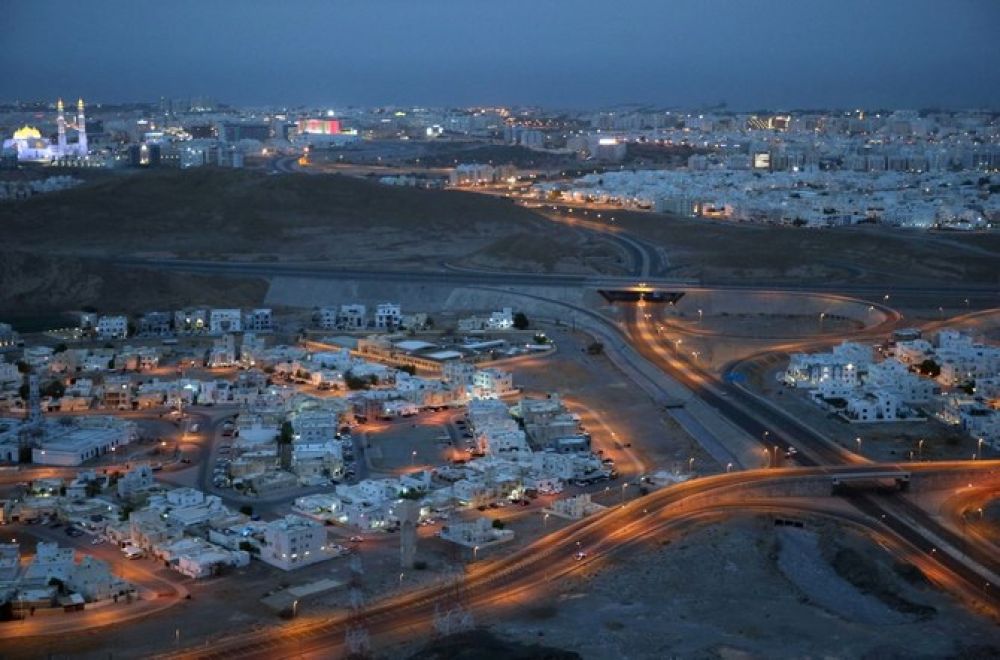

Ibri, a beautiful city in the Al Dhahirah region of Oman, has a rich history that dates back to ancient times. Given its strategic location, Ibri has been a crucial player in the trade routes and has witnessed various civilizations and empires, making it a site of significant historical and cultural importance.
Historically, Ibri attracted visitors and traders due to its location on the caravan routes. It was the convergence point for people from different parts of the Arabian Peninsula. The city was less known for what we consider today as 'tourism,' but it was a bustling hub for commerce and cultural exchanges for centuries.
The discovery of archaeological sites dating back to the third millennium BC has turned Ibri into an attractive destination for historians and those with a keen interest in the ancient world. Significant sites such as the Bat Tombs, which are a part of the UNESCO World Heritage Sites, and Al Sulaif, a pre-Islamic fort, have drawn global attention to the city.
It was not until the late 20th century that Ibri began to emerge as a tourist spot within Oman. The government's efforts to diversify the economy by investing in tourism infrastructure have slowly put Ibri on the map. Promoting the city's historical sites, beautiful landscapes, and the traditional Omani culture have been at the heart of this development.
Cultural festivals and traditional markets, or souqs, have played a crucial role in Ibri's tourism history. These events showcase the region's rich culture and traditions, attracting both domestic and international tourists. The annual Ibri Camel Race is one such event that garners a lot of excitement, reflecting the importance of camels in Omani heritage.
As global travel preferences shift, Ibri has seen new trends in tourism. Ecotourism and sustainable travel are becoming more popular, with tourists showing increased interest in the city's natural environments and conservation efforts. Adventure tourism is also on the rise, with visitors seeking experiences like hiking and exploring the wadis (valleys) and mountains surrounding the region.
Despite its transformation, Ibri has managed to retain its unique charm, offering visitors a blend of historical discovery, cultural experiences, and natural beauty. With continued investments and a growing awareness of its potential, Ibri's tourism industry looks poised for further growth and development.